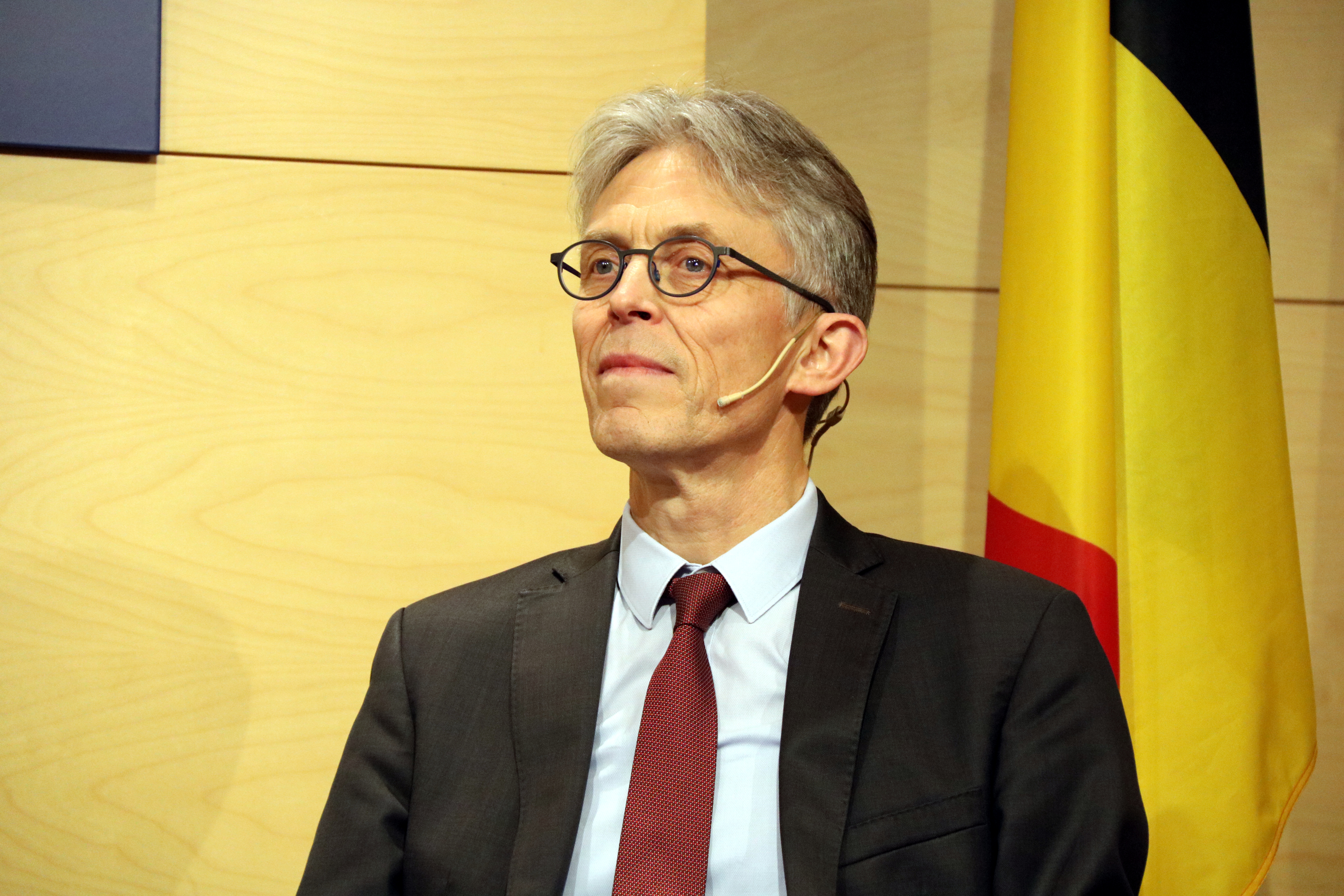The granting of official EU language status for Catalan, Galician and Basque is one of the issues that will be pursued by the Belgian presidency of the Council of the European Union during this first semester of 2024. This has been confirmed by the country's ambassador, Greet Cockx, who affirmed from Barcelona that Belgium has the will to take the question forward, pending, of course, several reports that have been commissioned. In an event at the headquarters of the European institutions in the Catalan capital, Cockx said that Spain and the European Commission still have to clarify the "financial and legal consequences" of making these languages official. "When we have the pending reports, of course we will move forward", remarked the ambassador, noting that his is a "multilingual country". However, last September, a few weeks after the pact between the Socialists (PSOE) and Together for Catalonia (Junts) over the composition of the Congressional Bureau that included an agreement to work to achieve official status for the three languages in Europe, the Spanish government - at that time, in caretaker status - made the offer that it would be the Spanish state that assumed the cost of the EU use of Catalan, Galician and Basque.
The words of the Belgian ambassador in Barcelona, confirming that the Catalan file is one of the issues that his country's presidency wants to "take forward", coincided with the rejection of the same goal by Lithuania, also expressed this Friday. It is not new, since the president of the Baltic country, Gitanas Nauseda, had already shown his opposition to the granting of official status for Catalan in the European Union, but in an interview with the newspaper El Mundo he has now affirmed that including Catalan "could trigger a wave of similar requests to include more and more languages in the official EU list", which, according to him, must be avoided. Nauseda compared Catalan - a language spoken by 10 million people - with Samogitian, a language native to the Lithuanian region of Samogitia, spoken by about half a million. In addition, it can be observed that Lithuanian - which is an official language in the EU - is not spoken by even four million people, less than half as many as Catalan.
Debate postponed, but with Belgium expresses confidence
Despite Belgium's commitment, any movement towards official status for Catalan is on hold for now, since this issue will not be included in the next meeting of the EU's General Affairs Council on January 29th, because different member states have demanded "more information" on what the recognition of Catalan, Galician and Basque could entail in European institutions, apart from asking for a "proposal accompanied by an analysis of its potential administrative, legal and financial impact". However, after a meeting between Catalan foreign action minister Meritxell Serret, ambassador Cockx and Spanish foreign minister José Manuel Albares, the Catalan minister asked for a "redoubling" of efforts to make official status possible during the first half of 2024, after Spain failed to achieve that goal during the Spanish EU presidency in the second semester of 2023. "Belgium is a country that, historically, has taken care of multilingualism and respect for languages", argued Serret, confident that Catalan will become official in Europe in 2024.

